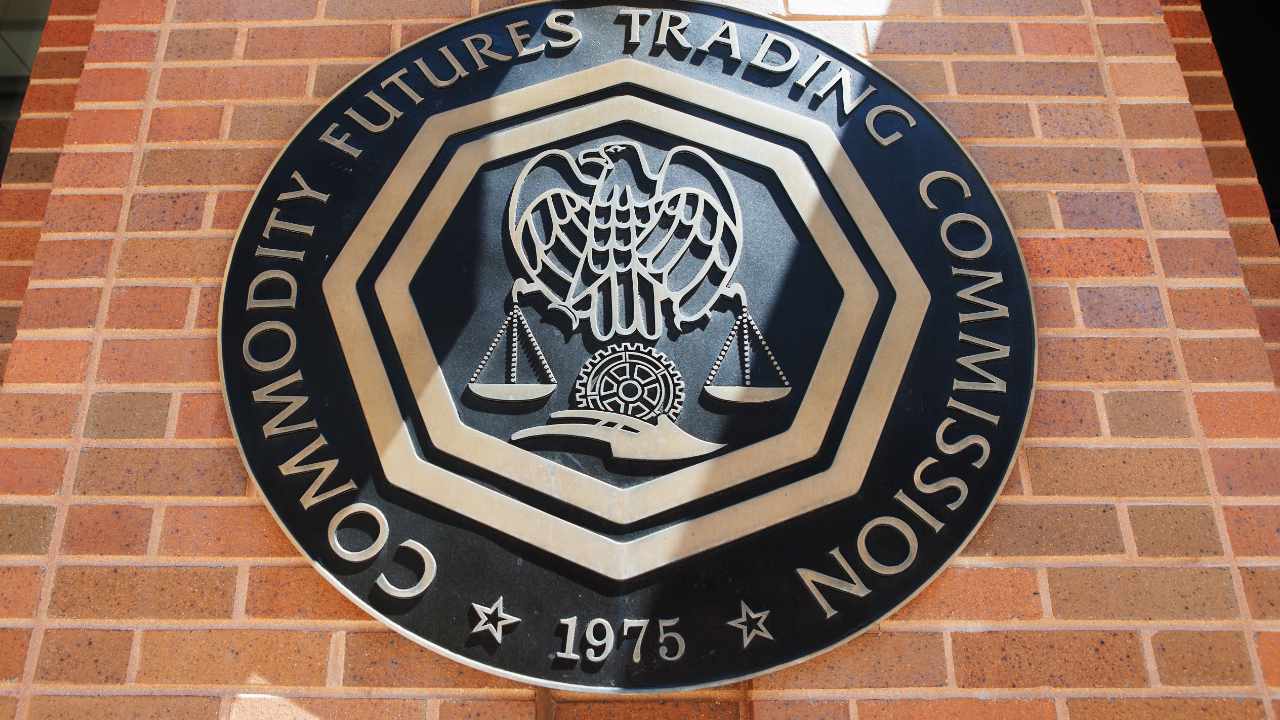
Mirror Trading International (MTI), and its operator were charged by the U.S. Commodity Futures Trading Commission with a $1.7 Billion fraud involving Bitcoin. This action is the regulator’s largest fraud scheme case involving the cryptocurrency.
CFTC Takes Action Against MTI
The CFTC announced Thursday that it has charged a “South African pool operator and CEO with $1.7 billion fraud involving bitcoin.” The regulator added:
This action is CFTC’s largest fraud scheme case involving bitcoin.
The derivatives watchdog has filed a civil enforcement action, charging Cornelius Johannes Steynberg and Mirror Trading International Proprietary Ltd. (MTI) with “fraud and registration violations.”
From approximately May 18, 2018, through March 20 last year, “Steynberg, individually and as the controlling person of MTI, engaged in an international fraudulent multilevel marketing scheme … to solicit bitcoin from members of the public for participation in a commodity pool operated by MTI,” the CFTC detailed, elaborating:
During this period, Steynberg … accepted at least 29,421 bitcoin — with a value of over $1,733,838,372 at the end of the period.
The announcement adds that the CFTC “seeks full restitution to defrauded investors, disgorgement of ill-gotten gains, civil monetary penalties, permanent registration and trading bans, and a permanent injunction against future violations of the Commodity Exchange Act and CFTC Regulations.”
This is the description of the derivatives watchdog:
They took all the bitcoins they had received from participants in the pool and then misappropriated them.
The CFTC concluded: “Sternberg is a fugitive from South African law enforcement, but was recently detained in the Federative Republic of Brazil on an Interpol arrest warrant.”
What do you think about the CFTC’s action against MTI and its operator? Please leave your comments below.
Images CreditsShutterstock. Pixabay. Wiki Commons
DisclaimerInformational: This is not an invitation to purchase or sell directly, nor a suggestion or endorsement of products, services or companies. Bitcoin.com doesn’t offer investment, tax or legal advice. The author and the company are not responsible for any loss or damage caused or alleged caused by the content or use of any goods, services, or information mentioned in the article.